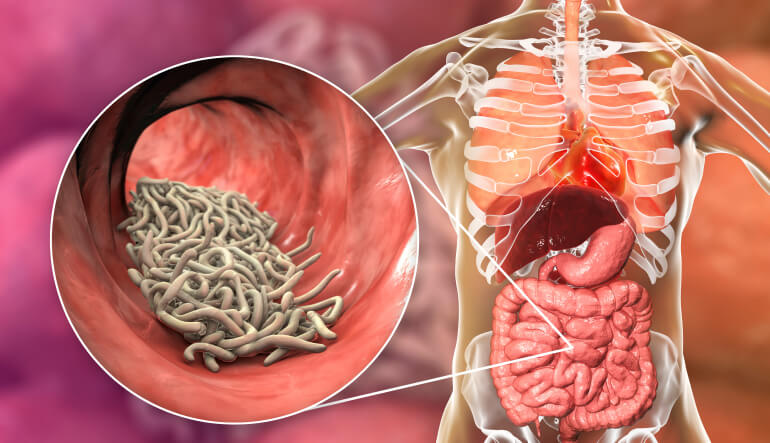Understanding the Link
The human gut, often referred to as the “second brain“, plays a pivotal role in overall health. Recent studies have shed light on a fascinating connection: the relationship between gut health and blood sugar regulation.
Our digestive tract houses trillions of bacteria, collectively known as the gut microbiome. These microorganisms influence various bodily functions, including nutrient absorption, immune response, and even hormone production. When the gut microbiome is in balance, it can help regulate blood sugar levels.
How Gut Health Impacts Blood Sugar
- Insulin Resistance: A healthy gut microbiome can help prevent insulin resistance, a condition where the body’s cells become less responsive to insulin, a hormone responsible for lowering blood sugar. This is because the gut microbiome can influence the production of certain molecules that enhance insulin sensitivity.
- Inflammation: Chronic inflammation, often linked to gut imbalances, can contribute to insulin resistance and other factors that affect blood sugar control. Gut bacteria play a crucial role in regulating inflammation, and when they are out of balance, it can lead to increased inflammation throughout the body.
- Hormone Production: The gut microbiome can influence the production of hormones like glucagon-like peptide-1 (GLP-1), which plays a role in regulating appetite and blood sugar. GLP-1 can help reduce blood sugar levels by stimulating insulin production and slowing down the emptying of the stomach.
Natural Ways to Support Gut Health and Blood Sugar
- Diet:
- Fiber-rich foods: Fruits, vegetables, whole grains, and legumes provide fiber, which acts as a prebiotic, feeding beneficial gut bacteria. Fiber can also help regulate blood sugar levels by slowing down the absorption of glucose.
- Probiotic-rich foods: Yogurt, kefir, sauerkraut, and kimchi contain live cultures that can help restore balance to the gut microbiome. Probiotics can also improve insulin sensitivity and reduce inflammation.
- Limit processed foods: These often contain unhealthy additives and can disrupt gut health. Processed foods are often high in added sugars, which can contribute to blood sugar imbalances.
- Supplements:
- Probiotics: Consider taking a high-quality probiotic supplement to supplement your diet. Probiotics can be especially beneficial for individuals with digestive issues or those who have difficulty consuming enough probiotic-rich foods.
- Prebiotics: Prebiotic supplements can provide additional fuel for beneficial gut bacteria. Prebiotics are non-digestible fibers that pass through the small intestine undigested, reaching the large intestine where they can be fermented by beneficial bacteria.
- Lifestyle:
- Manage stress: Chronic stress can negatively impact gut health. Practice relaxation techniques like meditation, yoga, or deep breathing. Stress can also affect blood sugar levels, so managing stress is important for overall health.
- Adequate sleep: Aim for 7-9 hours of quality sleep each night. Sleep deprivation can disrupt the body’s hormonal balance, including the hormones that regulate blood sugar.
- Regular exercise: Physical activity can improve gut motility and overall health. Exercise can also help regulate blood sugar levels by increasing insulin sensitivity.
- Consider herbal remedies:
- Bitter herbs: Some bitter herbs, like dandelion root or gentian, can stimulate digestion and support gut health. Bitter herbs can also help improve digestion and nutrient absorption, which can indirectly affect blood sugar regulation.
- Fenugreek: Fenugreek seeds have been used traditionally to help regulate blood sugar levels. Fenugreek contains compounds that can help lower blood sugar levels by increasing insulin sensitivity and slowing down the absorption of glucose.
Remember, it’s essential to consult with a healthcare professional before making significant changes to your diet or lifestyle, especially if you have underlying health conditions.
By nurturing your gut health, you can support your body’s ability to regulate blood sugar levels and improve your overall well-being.

90% of Americans have Parasites, We’re talking about nasty critters like whipworms, tapeworms, roundworms, and toxoplasma. (Tap image above to Watch Video)















